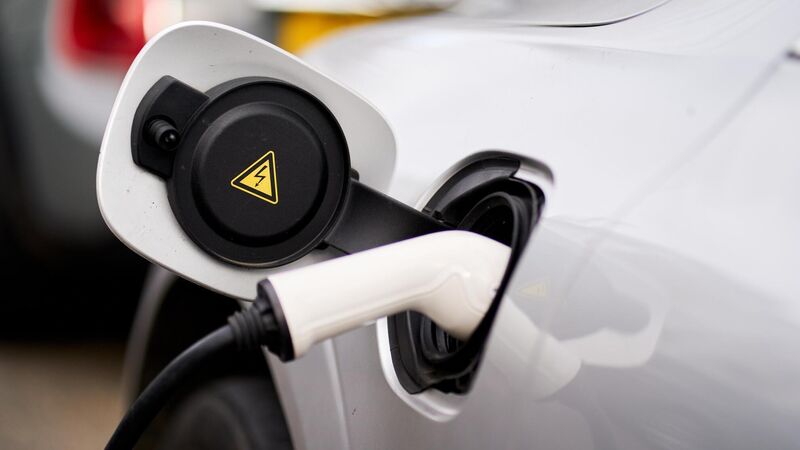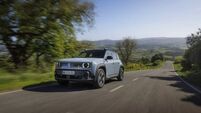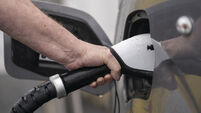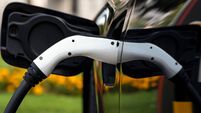Government must take 'decisive action' to address 'collapse' in confidence in electric cars

'Speaking now at the end of December 2024, it's a situation where a lot of the problems are fixed, the charging network is getting rolled out, home charging is available — unless you’re in an apartment — and electric cars are now significantly cheaper than the equivalent petrol and diesel cars.'
Consumers' "collapse" in confidence in buying electric vehicles over the last year is in spite of market conditions being as "good as you need them to be", industry experts have claimed.
They say the incoming Government must take “decisive action” to get that confidence back if it wants to cut emissions.













